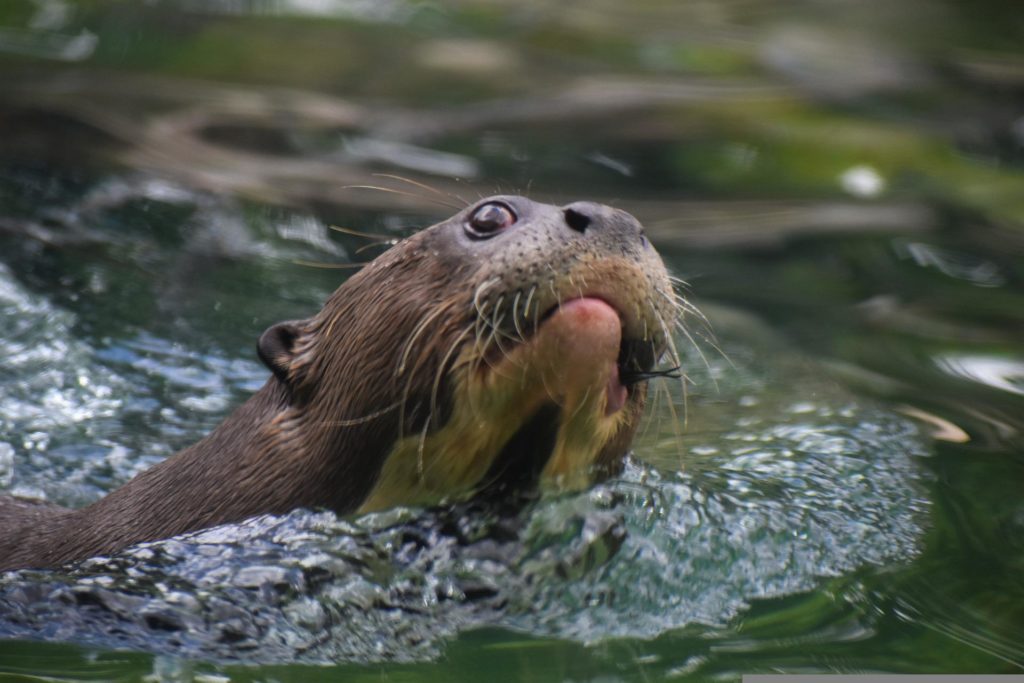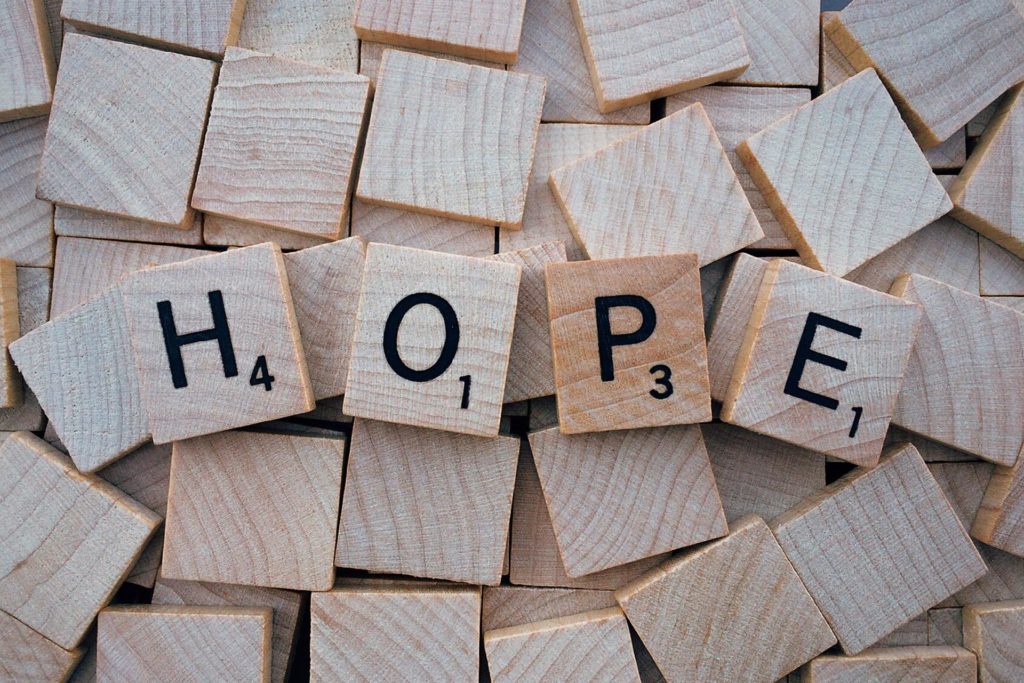
Have you ever been in a situation where you felt dejected and hopeless?
When you approached someone to share your feelings, did you receive the impractical solution of “Don’t give up, have hope”? Well, Dr. Curt Richter’s Harvard Rat Study may just prove the power of hope to you.
Table of Contents
The Drowning Rats Experiment
Richter, an American psycho-biologist, conducted an experiment to assess the behavior of ‘drowning rats’ and how long it took them to die. While his procedure may sound cruel by today’s ethical experimentation standards, the findings that he derived from it are incredibly interesting.
The experiment involved observing the rats’ behavior when they were immersed in buckets filled with water. Richter varied different factors to come to his conclusions about the role of ‘hope’ in perseverance.

Experiment I: Domestic Rats
The first step of the experiment involved observing 12 domesticated drowning rats. A quarter of these rats began by floating around the surface of the water for some time and then plunging inside the bucket to understand the interior of the bucket. This entire process took place for two minutes following which they drowned.
However, the other nine rats displayed dissimilar behavior. They explored the bucket in its entirety and then kept swimming to stay afloat in the bucket. After days of survival, they eventually succumbed, probably due to fatigue and drowning.
Experiment II: Wild Rats
The next phase of this Harvard rat swimming experiment took place with freshly caught wild and The next phase of experiment took place with freshly caught wild and aggressive rats. Trained by the forces of nature, these 34 rats could swim very well, thus forming the hypothesis that these wild drowning rats would strive for their life. To Richter’s surprise, this was not the case. In fact, all of these untamed drowning rats died within a few minutes. Skills that they had derived from their worldly savvy were all in vain.
Hope: The Key to Perseverance
After assessing the huge difference between the reaction of the domesticated and the wild rats, Dr. Richter felt that since the domesticated drowning rats have experienced the presence of a support system (in contrast with the wild ones), they are hopeful and thus can put in the best of their efforts to save their lives.
He expressed:
“The situation of these rats scarcely seems one demanding fight or flight — it is rather one of hopelessness… the rats are in a situation against which they have no defense… they seem literally to ‘give up.”
To elaborate on his findings, he further changed some settings in the experiment.

The Hope Experiment
He wanted to find out the relationship between hope and perseverance in the drowning rats. As per his earlier statement, he hypothesized that hopefulness would make the rats fight for their survival more actively. So, he began this phase of his experiment by leaving homogeneous rats in buckets filled with water. However, when the rats drowned and were on the verge of dying, they were saved by the experimenter. They were laid down on towels, dried off and made steady.
Once the rats had recovered, they were put under the previous circumstances again. This time, it was noticed that the drowning rats would swim on and on. The duration for which they could survive surpassed the earlier time lengths.
Conclusion of the Experiment
In the last condition, the only variable that had changed was that the drowning rats had been saved. Thus, they were made aware of the feeling of hope. Since they swam for a longer time, therefore, Richter’s hypothesis stood true, he thus established that “after elimination of hopelessness the rats do not die”.
Even though rats and humans are very different animals, these tiny creatures give us an important lesson. They teach us that when we are hopeful about the outcomes of a situation, our perseverance and willingness to put in effort are also more. So, if we don’t have hope, we can reach a position where we would not attempt to save our lives. You should always try to find inspiration to improve your perseverance.
It was rightly said by Samuel Johnson that “The natural flights of the human mind are not from pleasure to pleasure but from hope to hope”.
To understand more about yourself and your mind, begin your journey of hope with the Evolve App now. Download the app and start your free trial.

Karishma Golchha is pursuing Bachelor’s in Psychology. She is very keen about the human mind and looks forward to connect with you at golchha2002@gmail.com and evolve together!